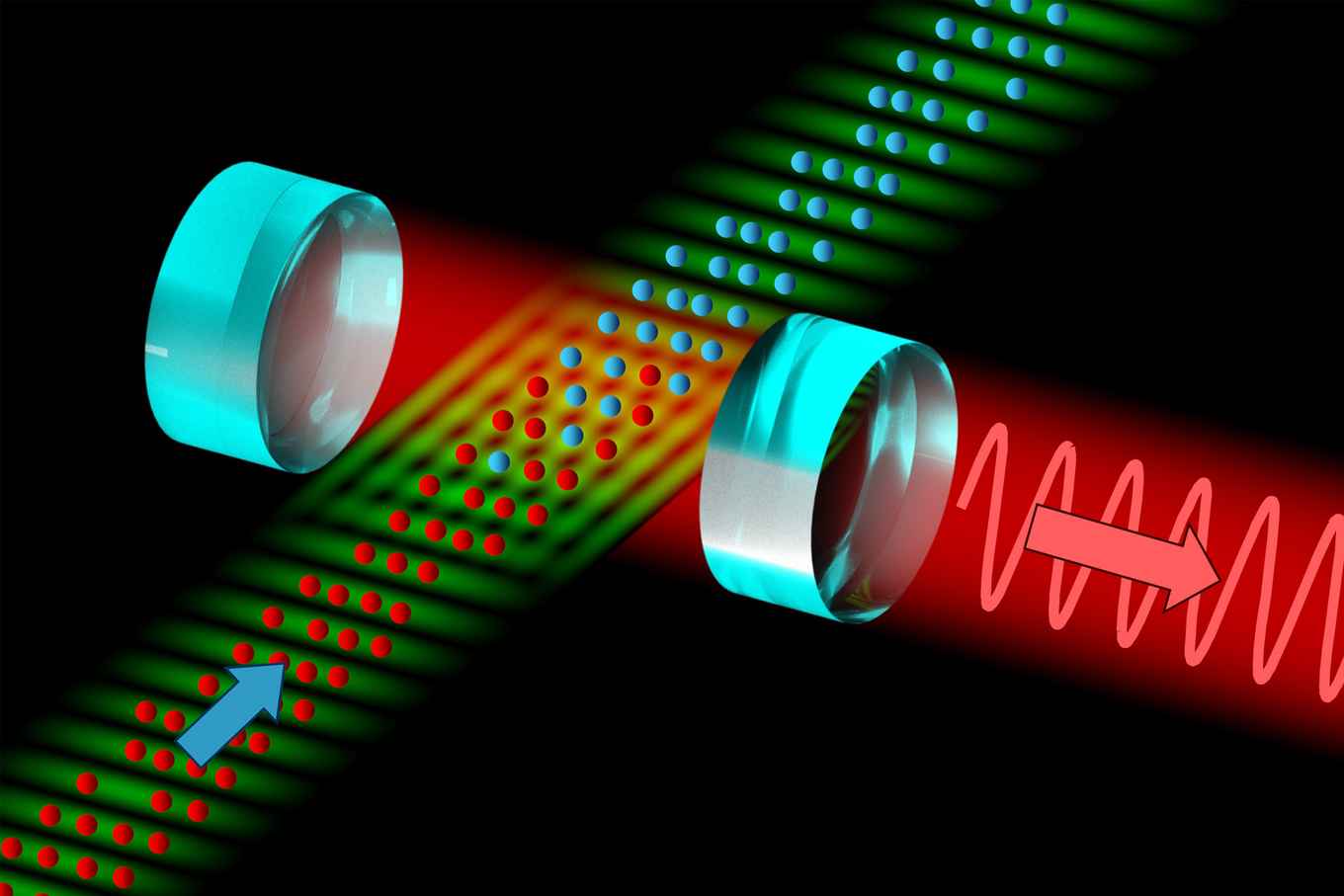National Agenda for Quantum Technology: the next step for the Netherlands
16 September 2019

'I am very happy that the agenda is here, because it offers many opportunities for the development of quantum technology and software,' says Kareljan Schoutens, Professor of Theoretical Physics at the UvA and co-director of QuSoft. 'To seize those opportunities, UvA, VU and CWI contribute through QuSoft, the research centre for quantum software, and through the Quantum Application and Software Hub Amsterdam (QASHA), that is being developed together with regional partners. The central goal is to develop quantum algorithms and software that allow new applications of quantum computers. Moreover, Amsterdam contributes to the development of quantum safe cryptograhy and quantum sensors.'

For more information about the National Agenda for Quantum Technology, see the UvA press release (in Dutch) linked below.